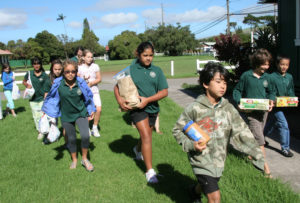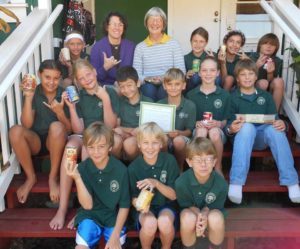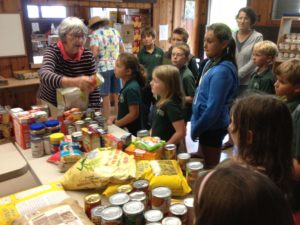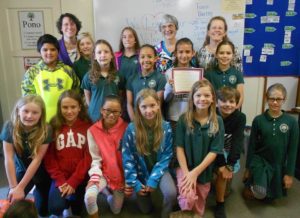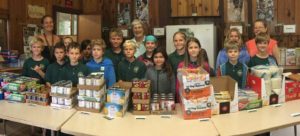Back in 2015, we went through the process of evaluating our mission. It was a good mission – thorough, thoughtful, descriptive – but it was wordy and none of us could rattle it off.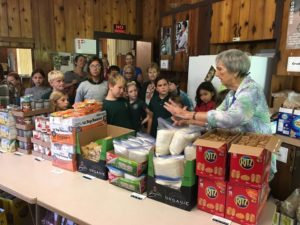
We spoke to people in all constituencies of the school, trying to narrow it down and get to the heart of what makes us who we are.
It was the families who solidified it for me. I heard over and over, in a variety of ways, “My child will learn to read, write, do math, and so on. But what I *really* want is for him to be a good person.”
We started there – “Waimea Country School’s mission is to help kids become good people.”
Weeks of discussion, finessing, and wordsmithing later, we arrived at “to educate children to become confident, responsible, and compassionate people.”
I’ve thought a lot about the “compassion” part of what we do here at WCS. Are people inherently compassionate? Can it be fostered? Can it be taught? How will it impact a child’s growth and development – socially and academically? Does this focus on compassion help our mission of helping kids become good people?
I read a terrific book by Michele Borba called UnSelfie: Why Empathetic Kids Succeed in Our All-About-Me World.
Wow. What affirmation of what we are all about! Empathy actually gives kids an advantage in life! There’s proof, not just instinct about this!
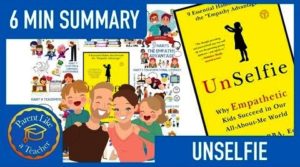 I encourage you to read (or listen to) this great book. Want a quick overview? Check out this video on YouTube that summarizes the 9 essential habits in just 6 minutes.
I encourage you to read (or listen to) this great book. Want a quick overview? Check out this video on YouTube that summarizes the 9 essential habits in just 6 minutes.
In 2007, we started a community service partnership with the Annunciation Food Pantry next door. Rather than doing a It’s-Thanksgiving-So-Let’s-Have-A-Food-Drive one-shot event, I wanted to involve our students in a service project that would have a real impact by showing them change over time. We started collecting donations of food at our Monday ‘Ohana meeting and having our eldest students take it over to the Food Pantry on Tuesday mornings, staying to help out and bag rice.
Thirteen years into this project now, I reflect on all the children who had the opportunity to think about what it might be like to be food insecure, to understand the “underprivileged” are actual people in our community, and to feel the empowerment of making a difference in a meaningful way.
Yes, we teach our students to read, write, and do math. But there is so much more to fostering our children to become the good people who will become our leaders of tomorrow.
Food Pantry Volunteers, through the years… 2009/2010, 2012/2013, 2013/2014, 2014/2015, and 2017/2018
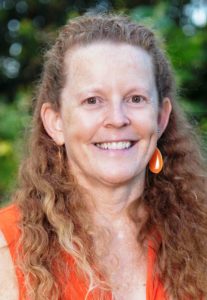 Amy Salling
Amy Salling
Head of School
